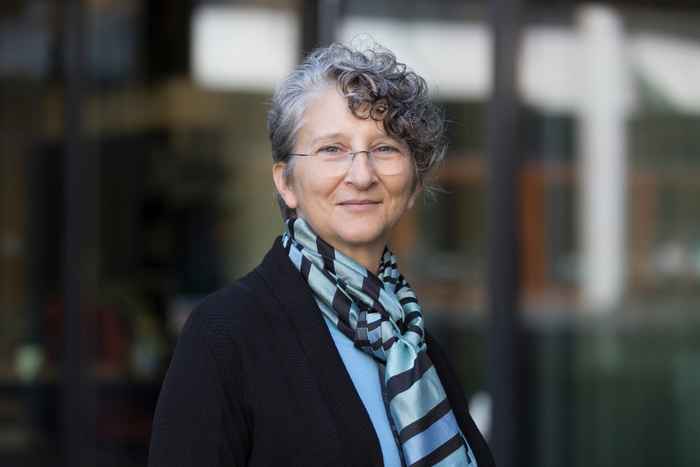Discrete Mathematics and Quantum Information
KdVI's youngest research programme
The Discrete Mathematics and Quantum Information (DisWisQI) programme was established as an independent programme in the 2020-2021 academic year, with three newly hired members through the SBT (prof. Jo Ellis-Monaghan (2020), dr. Krystal Guo (2020) and dr. Jeroen Zuiddam (2021)). The programme joins two research areas that are natural partners to foster a research community with rich collaboration opportunities:
- The programme’s work in discrete mathematics centres on extremal and probabilistic combinatorics and graph theory, algebraic and topological graph theory, and computational complexity, with applications in the sciences, especially physics.
- The programme’s work in quantum information includes quantum algorithms and computation with applications in theoretical physics and cryptography. Quantum information studies the states and evolution of quantum systems. Quantum systems, particularly entanglement structures and related circuits, are often modelled as graphs and hypergraphs, and also matrix spectra are central to both computation and algebraic computation, hence the fruitfulness of this partnership between discrete mathematics and quantum information. Furthermore, over the past few decades, there has been remarkable rise of research on how, through the power of quantum mechanics, quantum computers could out-perform their classical counterparts. The mathematics of this research has uncovered deep connections between algebraic graph theory and quantum information, furthering the cohesion of this programme.
The DisWisQI programme also aligns well with the NETWORKS programme, with cooperation and joint projects between the two. Overall, it is a lively research group that also reaches out with frequent collaborations across other branches of mathematics as well as the sciences. DisWisQI is quite ‘young’ both as a programme and in that all its members joined KdVI quite recently: dr. Viresh Patel (2015), dr. Guus Regts (2016), dr. Maris Ozols (2017), dr. Michael Walter (2018), prof. Jo Ellis-Monaghan and dr. Krystal Guo (2020) and dr. Jeroen Zuiddam (2021).
Programme leaders

